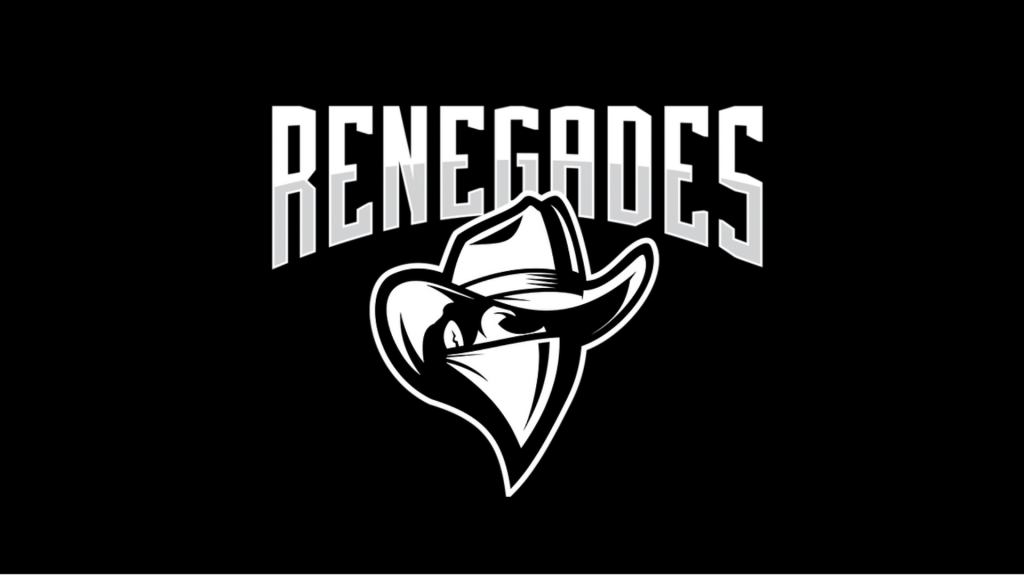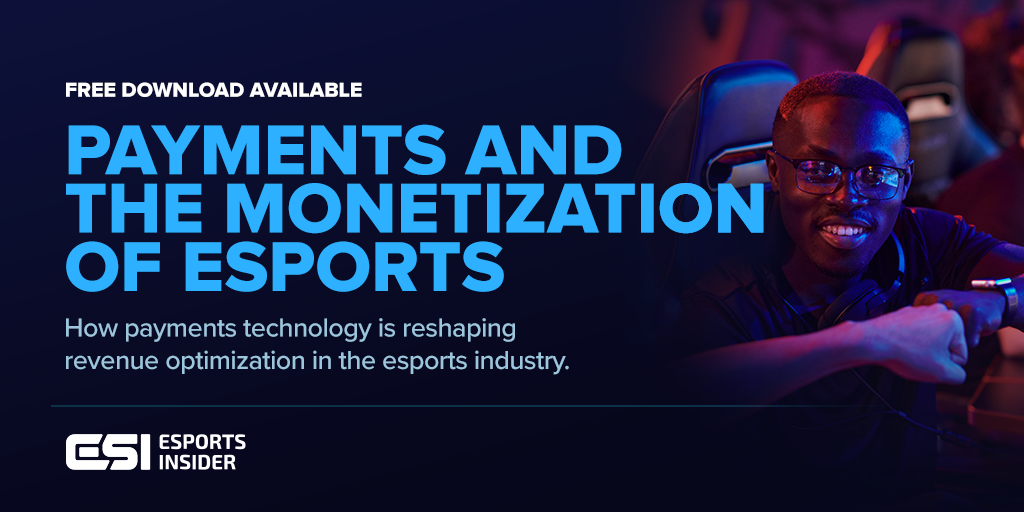
Last month, Detroit-based esports organisation Renegades Esports released its Apex Legends division, its only remaining competitive team. Now, Renegades officially competes in zero titles and has zero signed athletes or content creators, as its owners ‘evaluate the space’.
Over the last year, Renegades has slowly dissolved its competitive presence. Finding little success and hope in Riot Games’ new FPS despite a roster rebuild, the organisation finally disbanded its VALORANT division in April of 2022.
Renegades’ CS:GO division came next; the Australian-based team, which had its highs and lows, was eventually acquired by Australian organisation ORDER. Renegades’ remaining competitive presence in Apex Legends and Rocket League eventually broke down as each games’ season came to an end.
The prevailing narrative has been that the current state of the esports market — inflated and overpriced amid economic uncertainty — was the main reason it has had to cease most of its operations. However, internal issues may have also contributed to the fate of the organisation.
Esports Insider has received testimonials from former employees, many of whom reflected positively on each other but negatively on the overall structure of their workplace.
“The company was all over the place and very unorganised,” one former employee, who asked to remain anonymous, told Esports Insider. Another described it as an “average gaming clan” and another as a “Tier 3” organisation.
One common complaint that was raised was an understaffing situation at the company. Renegades only staffed a handful of full-time employees (at one point, that number was three) who were scattered across multiple regions. As for the rest, they were hired as freelancers or contracted temporarily for certain projects.
Early on, many employees were concerned about the future of Renegades Esports (RNG). Some believed that the ownership, specifically Jonas Jerebko who purchased RNG in 2016 and has served as its owner ever since, lacked understanding of the industry and the commitment it takes to running a successful esports organisation.
Jerebko is a man of many trades; he is a professional basketball player, and is involved in other projects around Michigan. With the limited amount of time he could invest into esports, RNG appointed a secondary Co-owner/Chief Executive Officer (CEO), Chris Badawi, in place to oversee day-to-day operations. Still, there was no clear vision for the organisation.
For instance, Renegades allegedly could not set realistic expectations. ‘The [co-owner] wanted RNG to run like 100 Thieves with 5% of the budget,” one employee told Esports Insider.

Instead of positioning itself as an underdog, the organisation tried to be more than that — consequently compromising the opportunity to secure potential partnerships and misleading the overall direction of the company, Esports Insider was told.
Another common complaint was low pay. Although a common issue in the esports industry, low pay was sometimes the leading factor when it came to employees searching for other opportunities. One employee said they only worked there to collect experience hours on their resume, and once offered a position that was better financially, they took it and left. “There was no respect [about] the money we got paid. It was recognised, but nothing [was] done about it.”
In one meeting, an employee said that staff were promised a substantial increase in salary if the organisation managed to secure some partnerships. Neither of those ended up happening.
Esports Insider reached out for comment from Jonas Jerebko, Owner of Renegades Esports, and Chris Badawi, Co-owner and CEO of Renegades Esports, but did not receive a reply by the time of publication.
It goes without saying that the Renegades did attempt to grow its presence, yet outside of investing in talent abroad and signing an Australian CS:GO roster, there was little attempt at growth.
In 2020, Renegades Esports partnered with local Oakland University (OU) in order to help propel the club. However, Esports Insider confirmed with OU’s Director of Athletics, Steven Waterfield, that the partnership only involved the usage of Renegades’ GameTime facility. Waterfield did not report any other benefits from the collaboration. As of June 2022, the University switched to using an on-campus centre for its practices and competitions.
Renegades is not the only organisation that has struggled with the costs of doing business in esports, especially in the past year as an economic downturn has taken hold.
Melbourne-based ORDER paused operations and went into administration in August as it looked for a buyer, but to this day has had no success in doing so. Even premier esports organisations such as TSM and 100 Thieves have laid off tens of employees in the past year, amid a wider wave of layoffs across the tech industry.
Renegades Esports has now entered a period of evaluation. The organisation is not completely shutting down, nor has it announced plans to. There remain several ongoing partnerships, according to its website, and the organisation is seeking opportunities to make a return. But with the future unclear, there is currently no estimated time for such a return.




